Iran and Brazil on the Path to the Development of Cognitive Technologies; Cooperation Is Reinforced
The representative of the federal agency for support and evaluation of graduate education in the federal republic of Brazil (CAPES) pointed out signing a memorandum of understanding between the cognitive sciences and technologies development headquarter with the Vice-Presidency during his meeting with the new ambassador of Iran in Brazil, asking for the development of joint research cooperation between the two countries in the field of cognitive sciences.
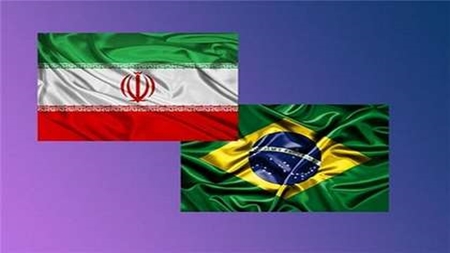
Carlos Thomas, the representative of the federal agency for support and evaluation of graduate education in the federal republic of Brazil (CAPES) stated: this agreement has provided a suitable platform for researchers from both countries to expand and deepen scientific and research cooperation in the field of cognitive sciences.
During the meeting with Adel Kashefi, the representative of Iran, at the embassy of Iran in Brazil, Thomas presented a report of bilateral cooperation such as joint science and research projects, presenting articles on sending professors and students to participate in congresses, setting up workshops and short and long-term training courses, and calls for deepening and strengthening communication between researchers.
He also emphasized the holding of scientific meetings and conferences in the form of webinars and specialized workshops between the two countries and considered the continuation of contacts and joint cooperation to benefit the promotion and advancement of knowledge, especially in the field of cognitive sciences.
He appreciated the efforts and follow-ups of the ambassador of Iran to reinforce scientific and technological cooperation between the two countries, expressing hope that dialogue with a constructive approach can lead to more expansion of the cooperation.
Expansion of Relations in the Field of Cognitive Sciences
In addition, Hossein Gharibi, the ambassador of Iran in Brazil, welcomed the development of joint science and research cooperation between Iran and Brazil, asking for the expansion of relations in all areas, especially cognitive science.
Pointing out the effect of corona virus on the world, he continued: this period, despite the difficulties and hardships it has created for human beings, is a good experience to use the latest technology and knowledge to improve communication and turn threats into opportunities.
He also demanded meetings, sessions and educational workshops through webinars to exchange experiences and scientific findings between research and specialized centers of the two countries.
Continuation of International Cooperation in the Field of Cognitive Neuroscience
Adel Kashefi, the person responsible for joint communications and member of Iran-Brazil Cooperation Desk, marked at the end of the meeting: according to the views of the Secretary of the Iran-Brazil Scientific Cooperation Desk at the Cognitive Science Development Headquarters, meetings were held with the presence of officials from both sides to resolve possible problems and shortcomings in the development of scientific cooperation between the two countries and to improve the quantity and quality of scientific and research cooperation. More video conferences will be held at the Iranian Embassy.
He mentioned: the meeting was held in line with the development, strengthening and continuation of international cooperation in the field of cognitive sciences and meeting scientific goals of the cognitive sciences and technologies development headquarter.
Implementation of Three Joint Research Projects
On the other hand, Abbas Haghparast, the secretary of the joint cooperation desk of Iran and Brazil, stated during the online meeting with Hossein Gharibi, the ambassador of Iran in Brazil: following ongoing scientific and research efforts and consultations between the cognitive science and technology development headquarters of the Vice-Presidency Sao Paulo Research Foundation of Brazil (FAPESP), there are currently three joint research projects in the field of artificial intelligence, cognitive function, and neuroscience among researchers and professors. Iran and Brazil are running the projectswith 50% progress.
This member of the cognitive sciences and technologies development headquarter asserted: in addition, seven rounds of calls for research projects have been held to recognize the potentials and capacities for the expansion of joint cooperation in the field of cognitive science and technology.
A report by the public relations and information center of the Vice-Presidency for science and technology affairs



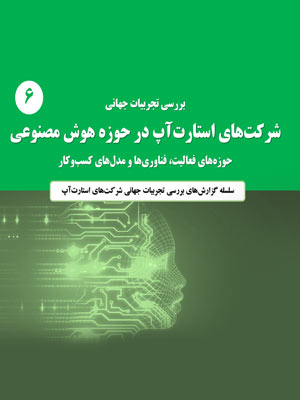


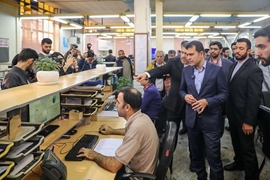
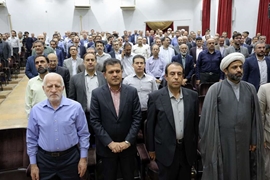
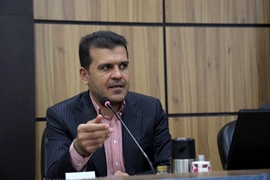
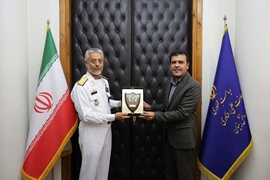

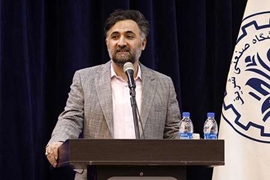
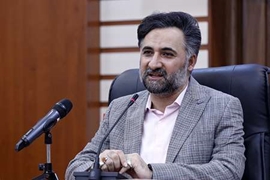
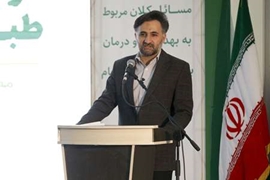
comment